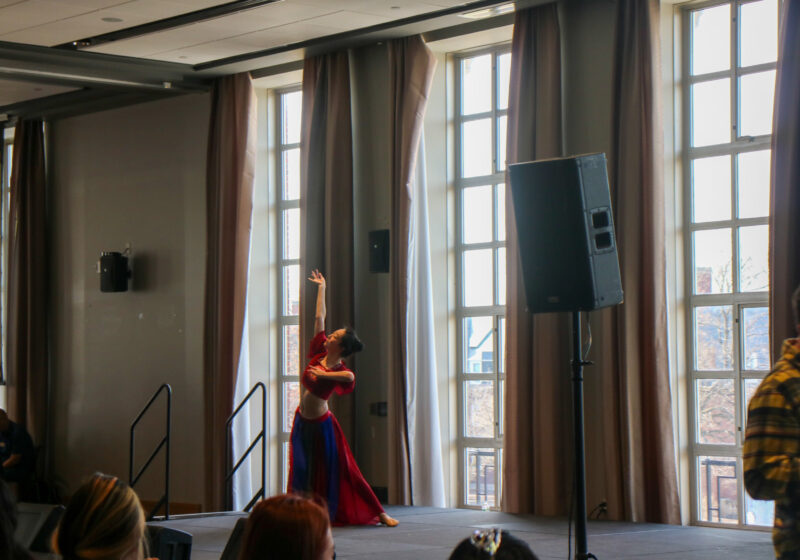At the Campus Times’ general interest meeting on Sept. 3, looking on from the sidelines as our section editors chatted with prospective writers and photographers, I think I felt more proud of our paper and how far it has grown over the years than ever before.
I didn’t have to say a word. Our editors did it all: got those newbies signed up, stayed long after our formal presentation had ended in noisy conversation with students who might one day be writing columns in this space.
And to think that only eight months or so before, most of these section editors were freshmen and sophomores in their first weeks on staff.
When I think about our success since January, those minutes mean the most in my mind. And that internal growth goes hand in hand with our external growth — we take our roles more seriously and produce the paper with more passion, and people notice.
There are more metrics.
We’ve almost reached 2,000 likes on Facebook, which sounds lame but is an honest-to-god achievement, considering that last January, when we first renewed our social media presence, we only had around 800.
For all but one session over the spring semester, we had a reporter at Students’ Association Senate meetings and, soon after, a summary of what happened online. We saw an area in which our student government was lacking and filled the gap, performing a public service unlike anything in the CT in recent memory.
We saw the same with the addition of a community member to the Editorial Board — senior Alexandria Brown, who helped form the opinions in some of our most hard-hitting pieces. And there was unprecedented online work — the “Banned” project, which profiled students affected by President Trump’s original travel ban.
We’ve got more good stuff on the way.
First, the columns. The Campus Times is adding three new commentary sections to appear each week: CT Eats, a local food review written by Illustrations Editor Luis Nova; Not Vanilla, by former Opinions Editor Vennela Pandaraboyina, which will feature thoughts on media at large; and Everybody Talks, by former Sports Editor Jackie Powell, a companion to her longtime WRUR show in which she examines the intersections of sports and social issues.
All three debut in this issue of the CT, which also sees the return of former staff member and now Warner School student Jeff Howard’s transcendental meditations, Media Matrix. They’re all worth a look.
The reason behind this surge is that columns offer another avenue for you, the readers, to engage with the Campus Times. These writers have the journalistic freedom to explore topics in ways most news reporting does not consider, and offer audiences not just information about events, but a rubric for thinking about that information and those events. Columnists have their own identifiable styles and presences in print (and online!), which makes it easy to respond to their weekly hot-takes.
Another push this semester? We want to send reporters to weekly club meetings. It might seem weird, seeing some random person scribbling notes in the back of your meeting room, but this is one of the easiest ways we can better serve our readers with more student-centric news.
Club meetings are an untapped market ripe with story ideas, and if we can find more ways to write about what average students are up to and what they care about, then by all means we’ll do it.
And if you happen not to see a CT writer pop in on your meeting — or if you aren’t in a club at all — please, reach out with ideas. There’s only so much we can find to cover each week without falling back on dryer stories about sparsely attended speeches.
If you know someone or something cool on campus, let us know. Because the way you fill up a room in the bottom of Wilson Commons on an uncomfortably warm September night is by showing people they matter, and that in everyone, no matter how boring they might see themselves, there’s an extraordinary story.






